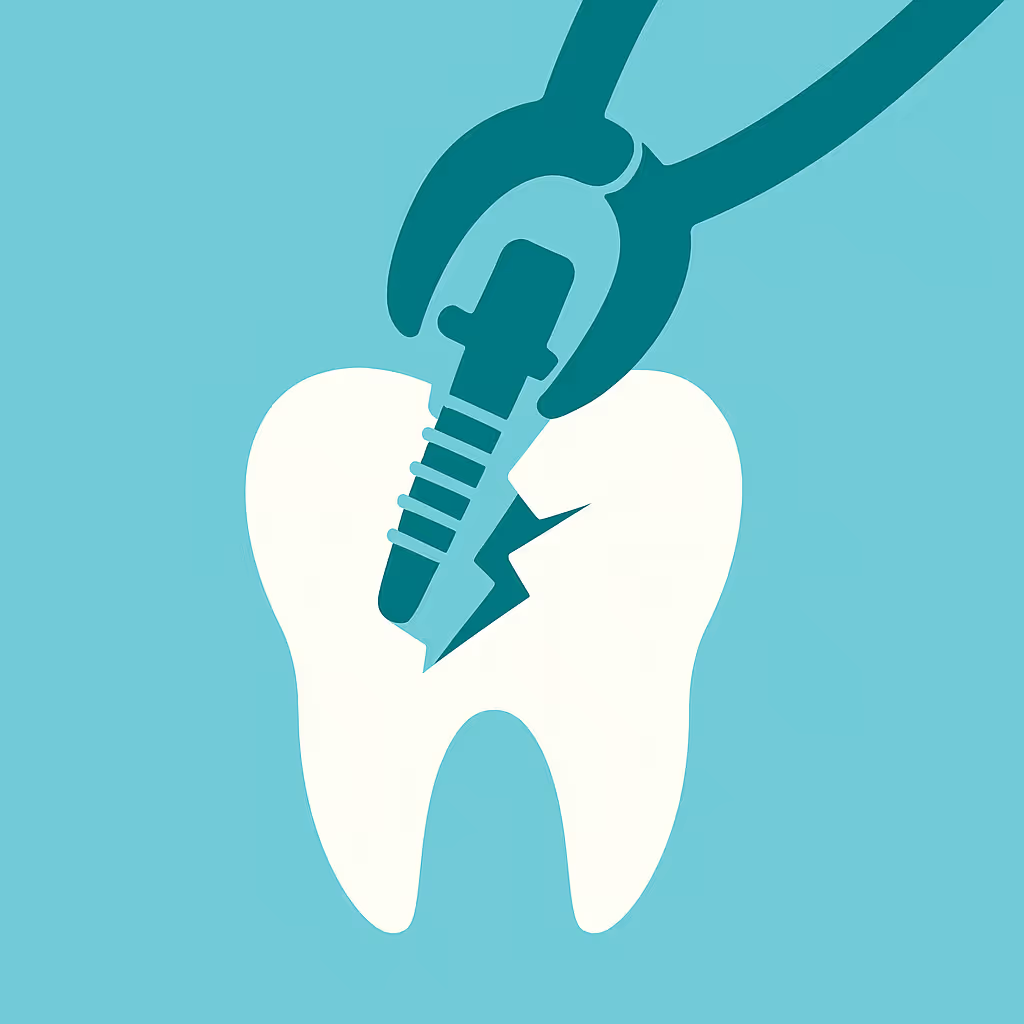Understanding Dental Code D5924
When to Use D5924 dental code
The D5924 dental code refers to the fabrication of a cranial prosthesis, commonly known as a cranial or scalp prosthesis. This CDT code is specifically used when a patient requires a custom-made prosthesis to cover cranial defects, often due to trauma, surgery, or congenital conditions. Dental offices may encounter this code in collaboration with oral surgeons or maxillofacial prosthodontists, especially when the prosthesis is part of a comprehensive oral rehabilitation plan. It is essential to use D5924 only when the prosthesis is medically necessary and not for cosmetic purposes.
Documentation and Clinical Scenarios
Proper documentation is critical when billing for D5924. Begin by ensuring the patient’s chart includes a detailed clinical narrative describing the medical necessity for the cranial prosthesis. This should outline the diagnosis (such as post-surgical cranial defect), the extent of the defect, and the impact on the patient’s health and function. Include pre-operative and post-operative photographs, radiographs if applicable, and any correspondence with referring providers. In clinical scenarios, D5924 is often used after tumor resection, traumatic injury, or congenital cranial deformities. Always document the multidisciplinary nature of care, especially if collaborating with medical professionals outside the dental practice.
Insurance Billing Tips
Billing D5924 requires careful attention to insurance verification and preauthorization. Start by verifying the patient’s dental and medical benefits, as cranial prostheses may be covered under medical insurance rather than dental. Submit a preauthorization request with comprehensive documentation, including clinical notes, diagnostic codes (ICD-10), and supporting images. When submitting the claim, ensure the CDT code D5924 is clearly indicated, and attach all supporting documents. If the claim is denied, review the Explanation of Benefits (EOB) for denial reasons and prepare a thorough claim appeal, addressing any missing information or clarifying medical necessity. Successful dental offices maintain a checklist for required documentation and follow up regularly with payers to expedite claim processing.
Example Case for D5924
Consider a patient who underwent surgical removal of a cranial tumor, resulting in a significant cranial defect. The oral surgeon refers the patient to a maxillofacial prosthodontist, who determines that a custom cranial prosthesis is necessary for protection and aesthetics. The dental office collects all surgical notes, diagnostic imaging, and a narrative from the prosthodontist. Insurance verification reveals that the patient’s medical plan covers cranial prostheses with prior authorization. The office submits a claim using D5924, attaches all documentation, and receives approval. The prosthesis is fabricated and delivered, and the office follows up to ensure payment is posted to accounts receivable (AR) and closes the case with proper documentation for future audits.





